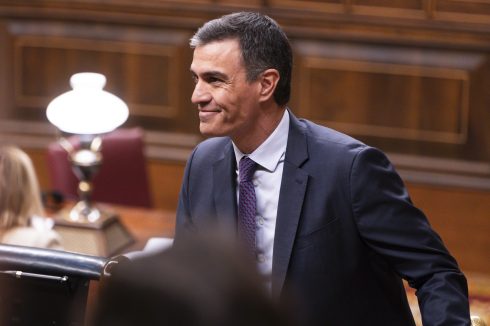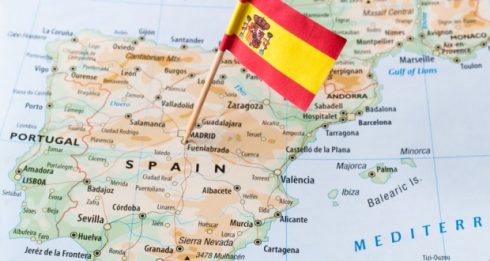 Government promises financial aid to unearth mass graves
Government promises financial aid to unearth mass graves
SPAIN’S darkest secrets, which have largely remained untold for 70 years, could soon be uncovered after a controversial draft law was passed in Parliament.
Under the Law of Historical Memory, government aid will be earmarked to help unearth Civil War mass graves.
According to some estimates, the remains of up to 100,000 people – Republican sympathisers and family members murdered by Nationalist forces between 1936 and 1939 – could lie in roadside ditches and countless mass graves throughout Spain.
And hopes have been raised the new law could lead to the exhumation of Federico Garcia Lorca – considered one of the greatest 20th century poets.
Mystery and hearsay surrounds the death of Lorca, but it is claimed the Republican poet was executed by sympathisers of the military uprising that led to the Civil War in 1936. Accepted truth has it he was shot and his body dumped into a mass grave outside Granada.
The draft, which is set to become legislation on October 30 despite fierce opposition from the conservative Partido Popular, recognises the right of those in mass graves to a dignified burial, with the government promising to foot the bill.
However, the surviving members of Lorca’s family have long-resisted any attempts at the exhumation of the poet’s body, believed to be buried along with up to 3,000 others in the village of Viznar, near Granada.
In 2004, niece Laura García Lorca told the BBC: “Digging up the mass graves is essentially an extremely violent act.”
It is understood her posture remains unchanged but for the Granada office of the Association for the Recuperation of Historical Memory – a group working to discover what happened to those who were disappeared during the Civil War – there is only one outcome.
“The poet’s remains do not belong to his family. They are the possession of the Spanish people,” spokesman Francisco González, said.
“His family cannot oppose any exhumation at this site as many other bodies lie in the mass grave.”
It is believed the family members of two men murdered alongside the poet, teacher Dióscoro Galindo and assistant matador Francisco Galadí, want the remains of their ancestors exhumed as soon as possible.
“I want to respect the wishes of the Lorcas but I also want them to respect mine. This is a question of sentiments and feelings and I will do all I can. I have been fighting for years to find the body of my uncle,” said Nieves Galindo, the grand-daughter of the murdered teacher, said.
It is a problem repeated all over Spain. No records were kept of the many thousands killed by Franco’s soldiers before and after the conflict.

Since 2003, around 1,000 bodies have been unearthed and given a dignified burial.
One of the first to uncover a family member was journalist and ARHM national president Emilio Silva, whose grandfather was shot by members of Franco’s military uprising in 1936.
Sixty four years and much work later, Silva uncovered his ancestor’s remains from a mass grave in León.
“At first, I had only hoped to get some information about my grandfather, tell his story and then forget about it. But four years later we have uncovered 1,000 bodies around Spain,” he said. “I only want the ancestors of those killed during the Civil War to have the same satisfactory outcome as I have had.”






